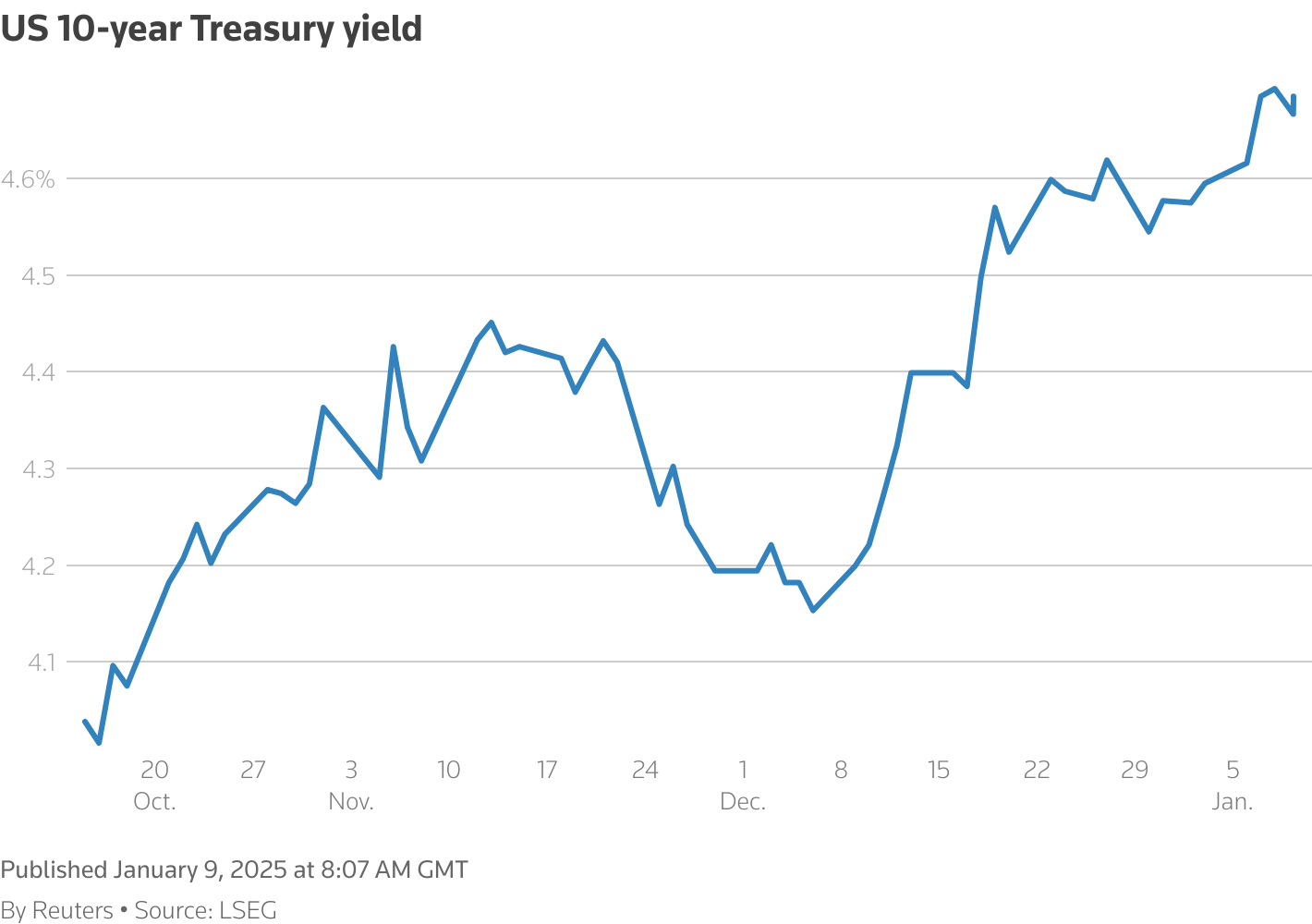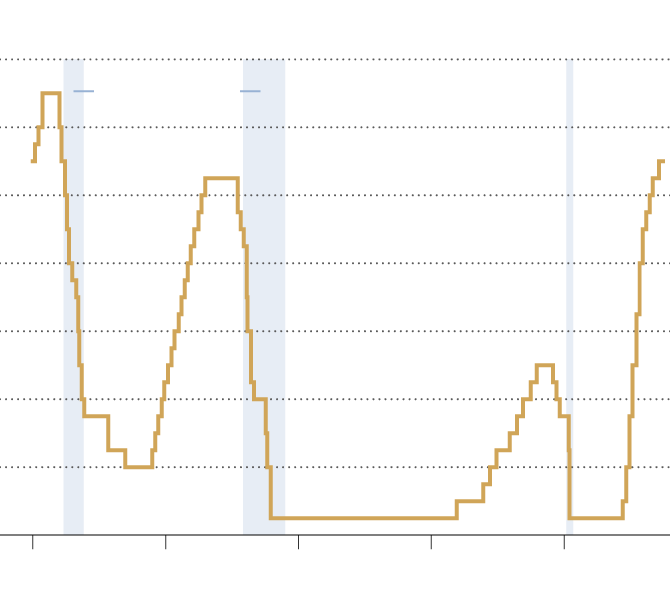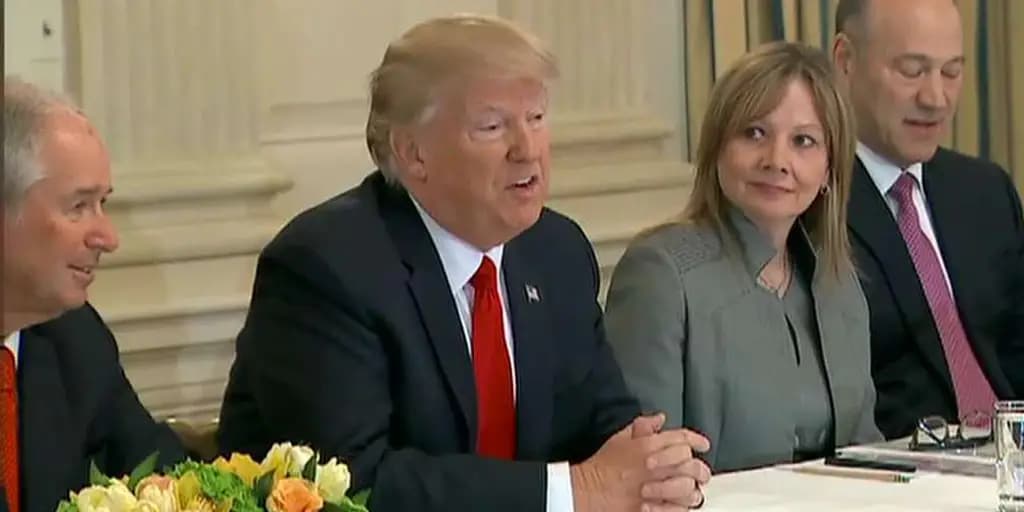Markets Signal Impending Crisis
As the U.S. government grapples with its financial future, alarming signals from the bond market indicate that trouble is brewing. Following President Trump"s aggressive tax cuts, which are expected to extend the fiscal irresponsibility of the 2017 Tax Cuts and Jobs Act, the 10-year Treasury bond yield has risen 60 basis points, now sitting at 4.4 percent. This rise contradicts the typical response to Federal Reserve interest rate cuts, suggesting that investors are losing faith in the U.S. government"s ability to manage its debt without resorting to inflation.
Declining Dollar Reflects Growing Pessimism
The dollar"s value has plummeted by 10 percent since the beginning of 2025, a stark warning sign of decreasing confidence among foreign investors. Normally, increases in tariffs, which Trump has wielded like a sword, should bolster the dollar by making U.S. goods more competitive. Instead, the dollar is sinking, pointing to a broader sentiment that U.S. economic exceptionalism is a myth. As reported by Bloomberg, major central banks are shifting their reserves away from the dollar and towards gold, which has surged by 30 percent this year. This trend indicates that investors are bracing for what they perceive as inevitable inflation driven by reckless fiscal policy.

Options market positioned for US Treasury 10-year yield to ...
Debt Levels Soar to Unsustainable Heights
If Trump"s One Big Beautiful Bill Act passes, it could add $3 trillion to the national deficit over the next decade, according to the Congressional Budget Office. By 2030, public debt could reach an alarming 100 percent of GDP, a level not seen since the aftermath of World War II. This reckless expansion of debt is not just a number on a spreadsheet; it represents a future where government spending on interest payments will eclipse funding for essential services and even defense. The implications for vulnerable communities are dire, as cuts to social programs will inevitably follow.
Inflation Fears Loom Large
With inflation still above the Federal Reserve"s target of 2 percent, Trump"s insistence on further interest rate cuts threatens to exacerbate the situation. Economists warn that this could lead to hyperinflation, which disproportionately affects low-income families who can least afford rising prices. Experts are raising alarms that the administration is ignoring the potential consequences of its policies, which could further entrench economic inequality in America.

Federal Reserve Meeting: Fed Leaves Rates Unchanged - The New ...
Tax Policies Favor the Wealthy
The proposed elimination of income taxes on tips, overtime pay, and Social Security benefits signals a blatant disregard for the working class. By extending tax cuts that primarily benefit the wealthy, the administration is solidifying a system that exacerbates wealth inequality. Those who struggle to make ends meet will bear the brunt of these policies, while the richest Americans continue to amass wealth unchecked. This is not just a financial crisis waiting to happen; it is the culmination of decades of regressive tax policy that favors the affluent at the expense of the most vulnerable.







![[Video] Gunfire between Iraqi security forces and Sadr militias in Baghdad](/_next/image?url=%2Fapi%2Fimage%2Fthumbnails%2Fthumbnail-1768343508874-4redb-thumbnail.jpg&w=3840&q=75)
